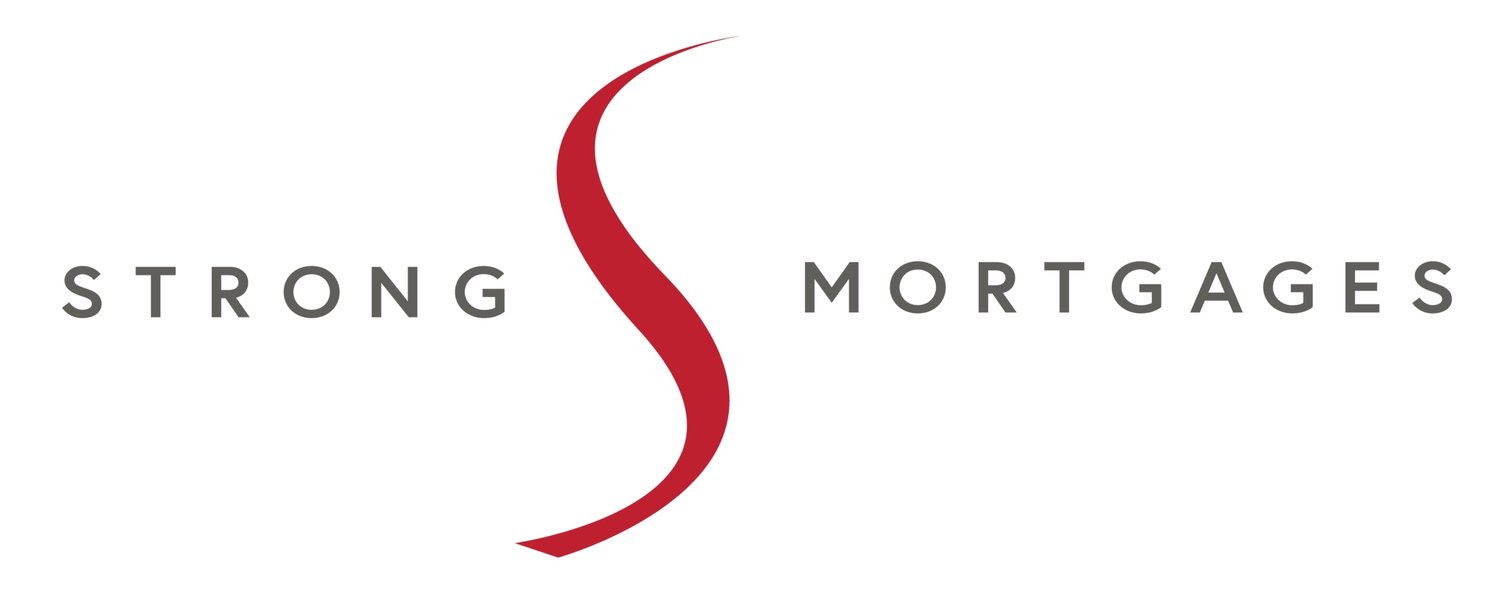 I wanted to be able to rant and rave about this new community near central park on the border between Vancouver and Burnaby. Sales started today, Saturday April 27, at their sales centre at Boundary & Vanness and although there were many impressive elements, I felt that The Wall Group of Companies with the assistance from the Rennie Marketing Systems missed some of the most basics details of selling; making people feel welcome.
I wanted to be able to rant and rave about this new community near central park on the border between Vancouver and Burnaby. Sales started today, Saturday April 27, at their sales centre at Boundary & Vanness and although there were many impressive elements, I felt that The Wall Group of Companies with the assistance from the Rennie Marketing Systems missed some of the most basics details of selling; making people feel welcome.
They were set up to host hundreds if not thousands over the course of the launch, and perhaps that was the mistake in itself. The centre is large and open with many areas for exploring the project plans and details. It’s great, but it also drew my attention to how small the show suite is in comparison to the sales space. Even with all the stunning finishings and beautiful colour schemes I couldn’t help but think, “where the hell are people going to put their stuff?”; a common feeling with most new builds I visit. With no space in either of the rooms for dressers, limited space in the living room for furniture, the shortest soaker tubs I have ever seen and in the kitchen (although impressive with it’s integrated front paneled Liebherr refrigerator) the cupboard spaces seem only to be enough for pots, dishes and utensils. Where does the food go?
What disappointed me the most was the lack of customer service. I really wanted to learn about this new development and the impact they hope to make to the community. I was hoping it was going to be something I could repetitively feature and share with my clients as a community for consideration.
Instead, at the door I was left holding my son while a small group took their time to register, after I signed in I noticed there was an entire other section I could have been directed to for signing in; there were three staff standing at the table I registered at, not one of them assisted in directing me to head to the other area. From there, I was handed a brochure and feature sheet and sent on my way with no further instruction or welcome.
Once in, there were a number of areas to check out, but there was no guidance on how to flow through the space. A number of marked Rennie staff were scattered throughout the area, none of which ever came to speak with me or to see if I had any questions. We toured the show room, viewed the various models, and studied the floor plans. Not one staff out of the nearly (or over) 20 members asked if I had any questions. The space was busy, but not enough so that there wasn’t a staff per guest. I know I could have inquired myself, however, I honestly feel that this is the chance for a developer to show their stuff, to welcome their guests to the experience and tell their story. I made the effort to show up, I drove over an hour to check it out, now win me over! You’re selling a home, welcome me like I’m at home. I ended up feeling small, insignificant and not even worthwhile to speak to. Now, granted, I am not in the market to purchase, but the reality is that I know people who are.
Why wouldn’t every guest be treated as if they were a potential owner? Isn’t that what would make people want to buy…whisked into the dream of this future development, visualizing themselves and their friends living and enjoying the lifestyle?
I got more out of the video from their website after I got home.
http://www.youtube.com/watch?v=e9yvhtEQc1M#action=share
Although my experience was disappointing, I still think this “Transit-Oriented Master-Planned Community” has something going for it. There are some amazing features and conveniences to enjoy. If you do go to the presentation centre, I hope you have a better experience than I. And if you end up purchasing, my “cheeky” advice would be to start working on your minimalist living now so you’re prepared for after move in.
Learn more about the 299 homes under $299,000 at Wall Centre Central Park


 I’m so excited for the Summer; hot sun, beach, volleyball, golf, and outdoor play time with my son, Jack. I absolutely can’t wait! With Summer, also comes the enjoyment of yummy light and refreshing desserts. Pineapple delight is one of those personal favs from childhood. Every piece I have never seemed quite big enough; I would (and still do) slice extra slivers of yummy goodness from the main dish to eat, until the sad moment when there’s no more to sneak.
I’m so excited for the Summer; hot sun, beach, volleyball, golf, and outdoor play time with my son, Jack. I absolutely can’t wait! With Summer, also comes the enjoyment of yummy light and refreshing desserts. Pineapple delight is one of those personal favs from childhood. Every piece I have never seemed quite big enough; I would (and still do) slice extra slivers of yummy goodness from the main dish to eat, until the sad moment when there’s no more to sneak. We’re in the presence of a real estate standoff, in more ways than one.
We’re in the presence of a real estate standoff, in more ways than one. 1030 Eden Crescent, Tsawwassen
MLS:
1030 Eden Crescent, Tsawwassen
MLS: 